Stress
Four-Way Stop Sign
How our daily lives abound with potential for cooperation
Posted July 8, 2012
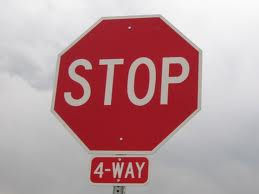
Every day on my way to work I arrive at a four way stop sign. No traffic light, just an intersection at a busy road with four stop signs.
I am always amazed at the unspoken rules that fluidly come into play. All cars stop, and the one perceived to have arrived first gets to go. Directly across, at 180 degrees, the other car also moves across the intersection. After they have passed, it is the turn of the cars at 90 degrees to cross.
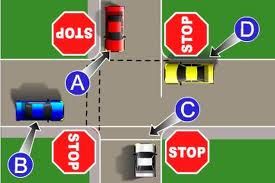
The sequence is repeated over and over again, and everyone seems to know when it is their turn. There is harmony and rhythm that binds those cars and drivers at that intersection. Cooperatively, everyone gets to where they need to go.
Although complete strangers, the drivers have come together, albeit briefly, as a collective group. With their shared expectations, following the basic rule of take your turn, the fluidly changing partnerships allow a smooth transition from moving, to pausing, to moving again. Working together, anticipating the other's action, each driver moves in turn closer to their destination.
On occasion a driver lurches forward out of sequence.
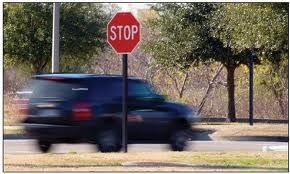
Invariably, a stranger in a stranger’s car beeps a horn in protest, perhaps a little angry and irritated at the breach of protocol. You can almost feel the blood pressure going up in the drivers that were following the rule. The stress hormone, cortisol, beginning to flow, and the hands of the exploited drivers clench their steering wheel just a little tighter.
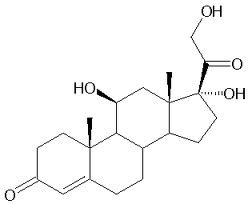
Cortisol, the Stress Hormone
They did not wait for their turn but cut in line! They cheated! Someone has taken advantage of them, broken the rules, and they are getting mad. That driver cheated!
For that split second the person duped feels as if a resource has been absconded. Hoodwinked, lulled, into waiting at a stop sign with the expectation that everyone was following the rules, they quickly activate anger as a stress response to someone breaking the decree. Fooled by a cheater.
Imagine if no one obeyed the rule, and anarchy descended on the intersection. With a group of cheaters one could expect traffic jams, road block, road rage, accidents, and a strong chance that no one gets to where they have to be.
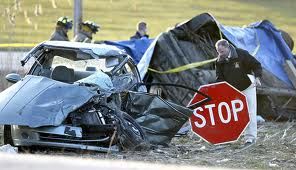
This could happen, but part of our brain, that part responsible for some moral code, overrides the primitive impulses of survival of the fittest. In fact, our survival, even at a four way stop sign, profoundly depends on another person. In a group of cooperators, traffic flows fluidly and safely.
I share this example with you to illustrate how easily we can influence each other, reducing stress, or increasing stress in those around us depending on what we do. When the four way stop sign rule is followed, it harkens back to our inherent wish and need to trust each other. By following the shared belief that the first person at the stop sign gets to go, that everyone will get their turn, and that no one will be taken advantage of, in a small way we reduce the stress of another person.
This is the premise of how I am suggesting we approach stress: that it is not always my stress that gets in the way of my success, it is other people’s stress that gets in the way of my success. So what can I do to help relieve the stress of others so we can all be more successful?
As you go through your day, at home, at the office, at school, at the grocery store, you are surrounded by people who may be under stress. When you help someone you do several important brain things. First, by allocating some of your resources you are communicating that the person is valuable. We all want to feel valued by another human being, so when we help someone with their stress we are sending a message to their brain that gets translated, in essence, to a reduction of cortisol and likely an increase of a pro-social hormone called oxytocin.
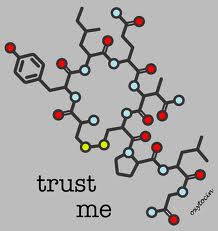
Oxytocin, the "cuddle" hormone
In fact, stress may be because we fear we will not be seen as valuable, and kicked out of the protective survival enhancing group.
Second, our altruism today, giving to someone even at our own expense, often binds that person to us. In the future they are more likely to give of themselves to us, reducing our stress and cortisol, and reminding us of our own value. What could be better than that?
When we are all more successful we all benefit. And even though we stop at a four way sign, our cooperation can take us across and beyond any intersection and obstacle.
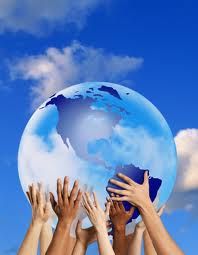
In fact, perhaps the real progress gets made when we stop, look, and listen to the stress another person is experiencing and help them pass through the danger rather than just drive away. A lot of movement can happen at a four way stop sign.


